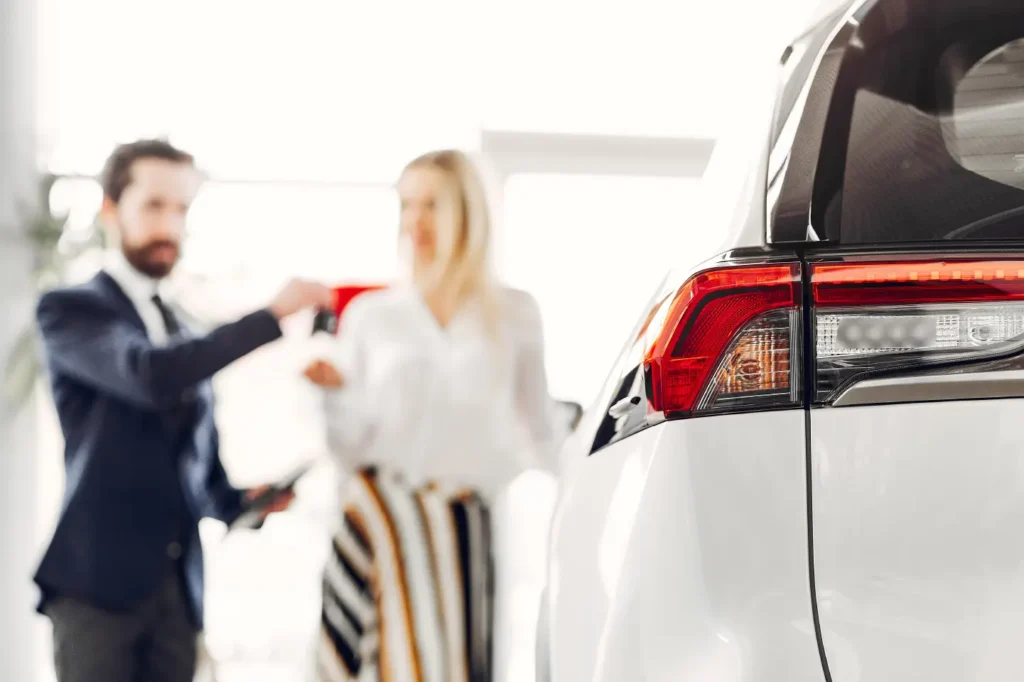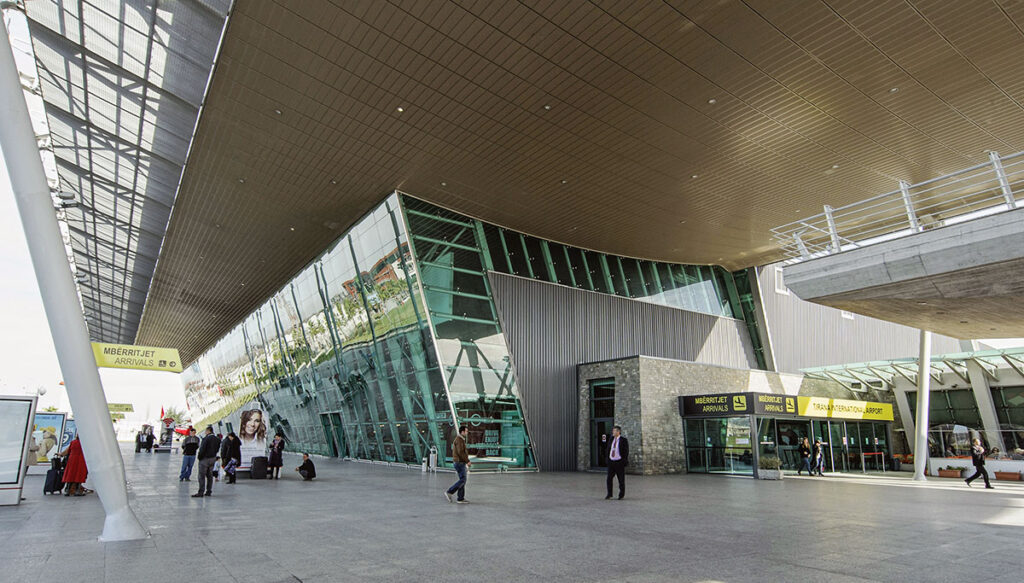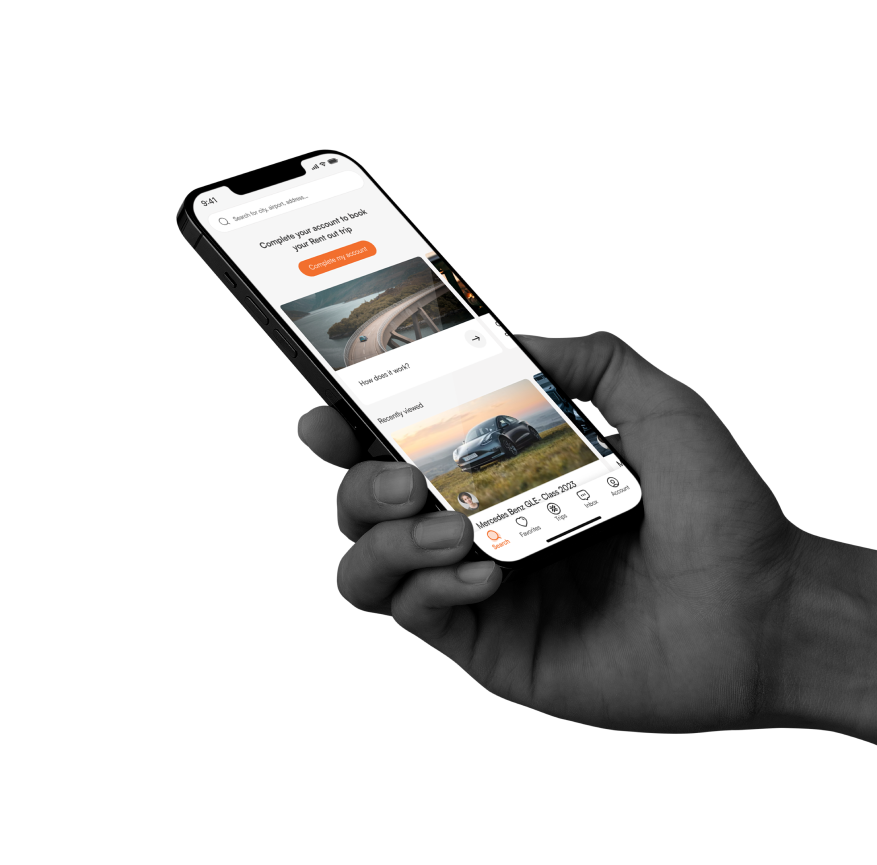The growth-at-all-costs strategy that Uber and other newcomers to the mobility service market notoriously followed is gradually being replaced by an emphasis on sustainability and profitability. On the one hand, technology have advanced, making services more dependable and available than in the past; on the other hand, optimization is the current problem. However, the negative consequences of COVID-19 have made strong financials and steady cash flow imperative. In fact, the epidemic offers certain mobility as a service (MaaS) providers with an opportunity, as consumers are eager to have more private, socially isolated choices when they are offered. The moment is now more than ever to put down some sturdy.
The MaaS sector’s reliance on digitalization and data management sets it apart from the private passenger automobile market. Digital systems offer everything from fleet monitoring and maintenance to geo-fencing and keyless unlock for shared vehicles for fleet applications like car-sharing and automobile rentals. The further integration of vehicles into the Internet of Things (IoT) can be an intimidating prospect for fleet operators, especially more established companies like the major car rental companies. It raises questions about new risks like cyber security and how to make sense of the massive amounts of connected vehicle data.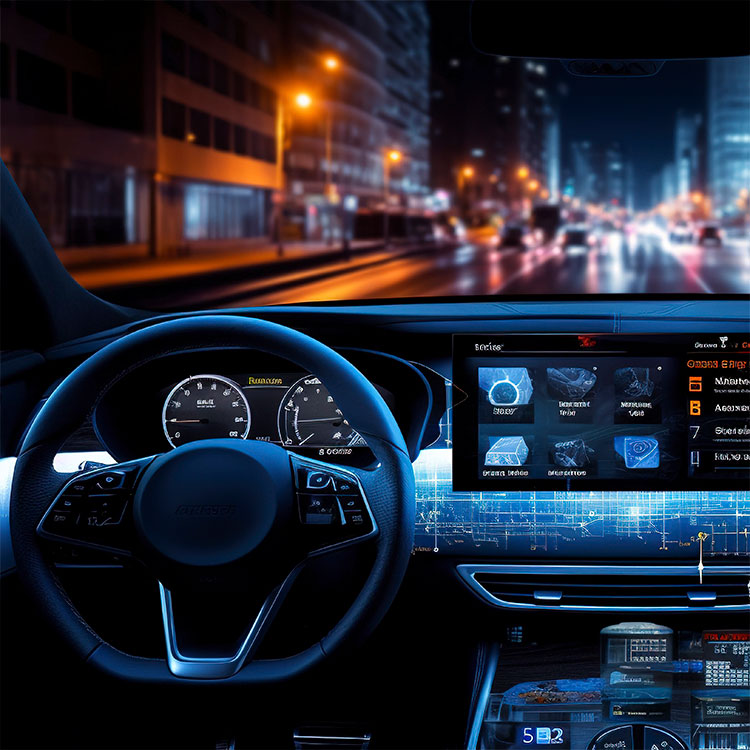

The connected vehicle can generate as much as 70,000 messages per second, depending on variables like the hour of the day. The volume of such data cannot be exaggerated. He says that as a result, there would be a special difficulty for an IoT platform designed specifically for the automotive industry, one that could facilitate the collection, normalization, elaboration, and dispatching of connected vehicle data. An automotive IoT platform has to handle data quantities not seen in other IoT industries, in addition to the standard requirements of high dependability, resilience, and cyber security.
Since 2014, Targa has provided its Internet of Things (IoT) services to the car-sharing and rental industries. According to De Mattia, these markets are undergoing similar degrees of change as the private car category, due to the changing wants and behaviors of consumers. According to research by Berg Insight, the number of car-sharing fleets increased by 10% globally in 2020 and is expected to reach 971,000 cars servicing 190.3 million passengers yearly by 2025. According to De Mattia, the capacity to compete in this market will require a high level of digital proficiency. For this reason, the car-sharing and rental industries will be quicker to embrace linked telematic solutions than the private vehicle industry.
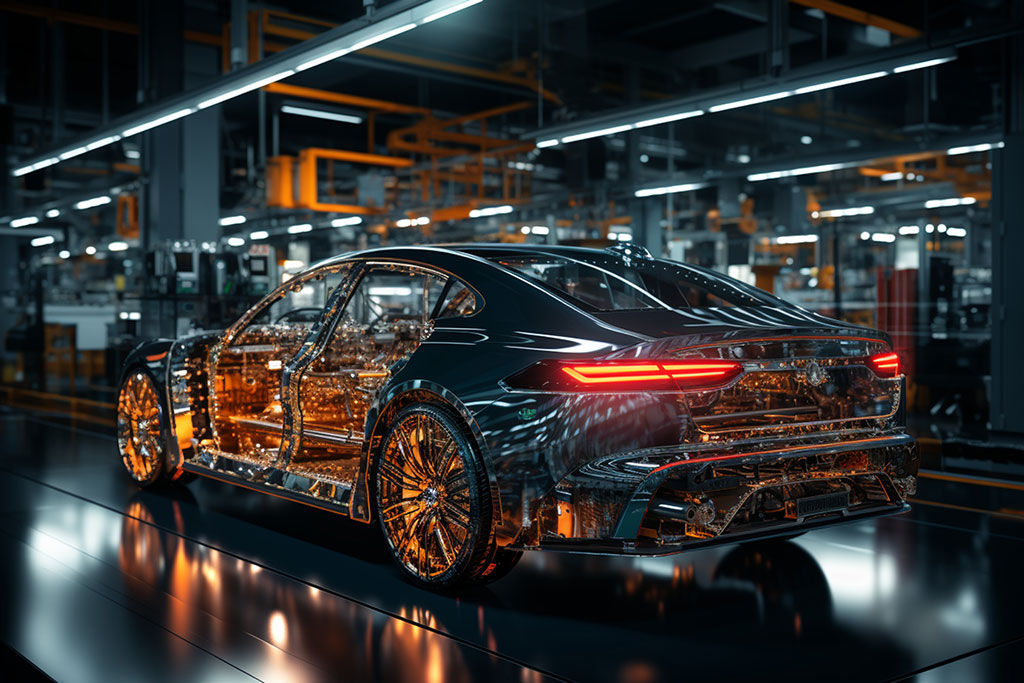
They will be the heroes of this transformation,» and the possibility of new business models will hasten the change. Ownership of a car will become less important to consumers. Customers will be able to choose the ideal car for the job thanks to new business models. I might commute to the city in an electric city vehicle three or four days a week. I could require a van one day a week to transport the family to the country. And every now and again, I might like to take my wife on a vacation somewhere exciting and sporting.
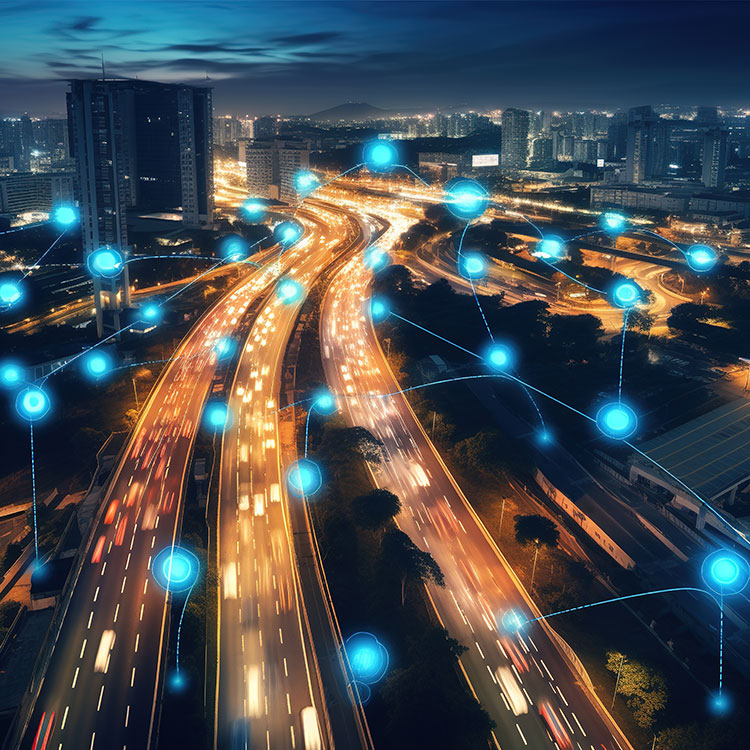
EV information
All fleet operators of mobility services want to hear about improved vehicle efficiency, safety, and insurance claims management; thus, IoT suites like Targa’s might benefit greatly if linked vehicles continue on their current path. However, operators should also take into account other factors where digital technologies may be quite helpful. According to De Mattia, electrification is one, especially as towns consider banning internal combustion engines and Europe gets ready to tighten regulations even further. Cities all around Europe already mandate that some mobility services—like taxis, for instance—must have zero emissions, so it seems sense that as car-sharing becomes more popular, cities will follow suit.
Every procedure that we often observe in large fleets—the procedures that aid in their management—will alter. They are becoming digital, and in order to stay profitable and competitive, they must optimize.
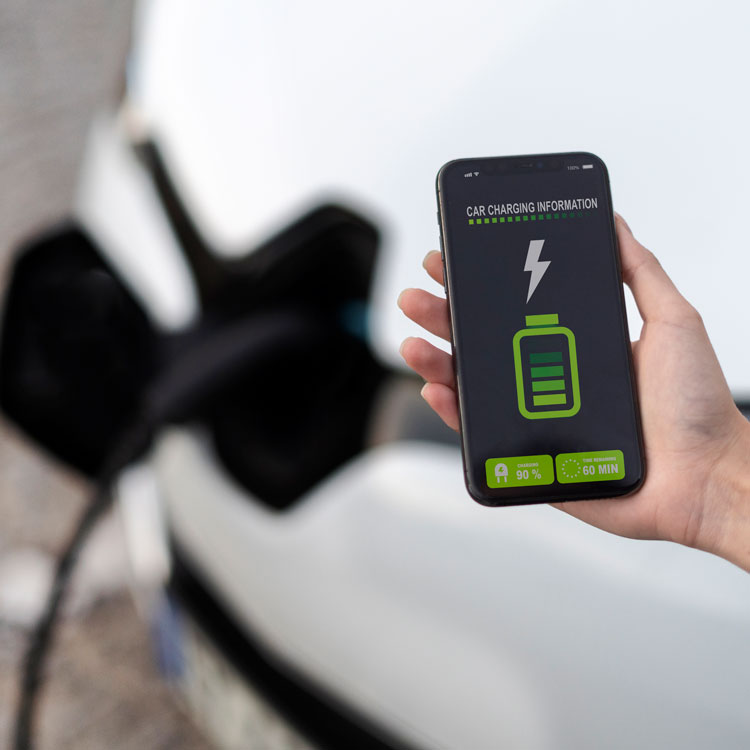
«No nation on Earth is entirely prepared to usher in the electric vehicle revolution,» he asserts, citing a lack of infrastructure. But this move will be made possible by digital technologies. According to him, managers may use vehicle data to identify which cars in their fleets are prepared for the changeover based on factors like proximity to infrastructure, mileage driven, and route taken. Not everyone will be prepared, according to De Mattia. Furthermore, if this data is made public, it may aid in streamlining the installation of public charging infrastructure and guaranteeing that the largest number of cars are serviced.
De Mattia closes by saying that it is obvious that data will be extremely valuable for next automotive megatrends. Whether this is «the new oil» or not is still up for debate. He acknowledges that the concept has some validity, but argues that although the method for refining oil is well-established, the process of turning data into anything usable is still difficult and complex. «There is a lot of work to be done between the extraction of value and gathering that data,» he states.

